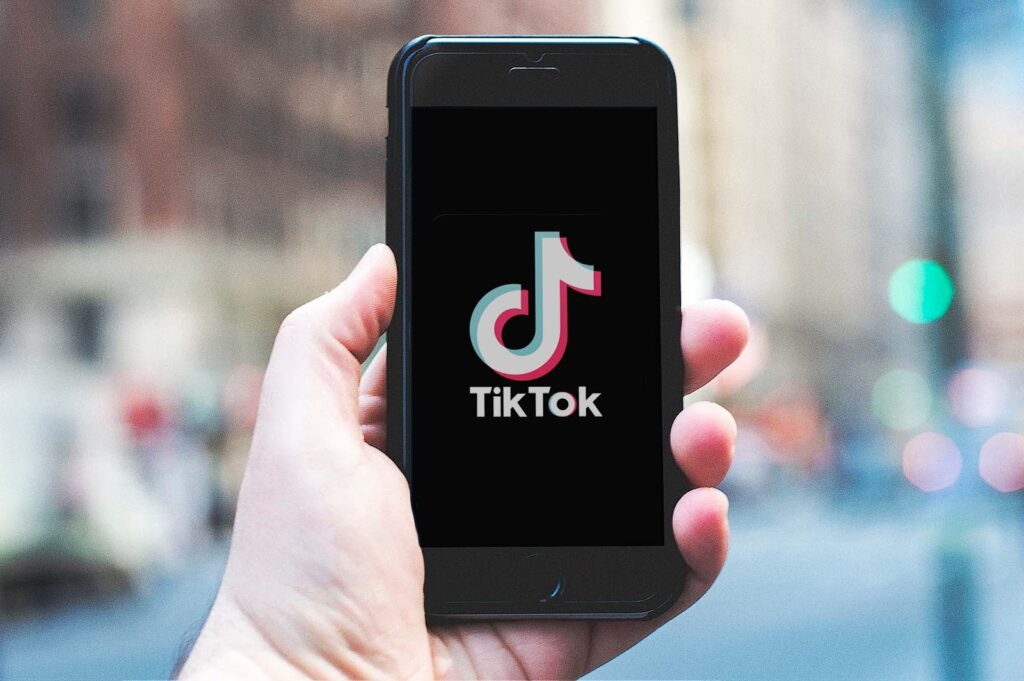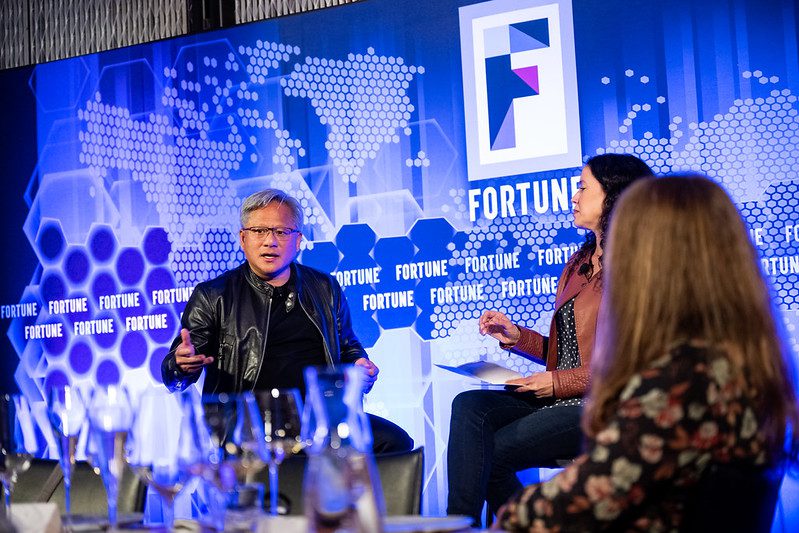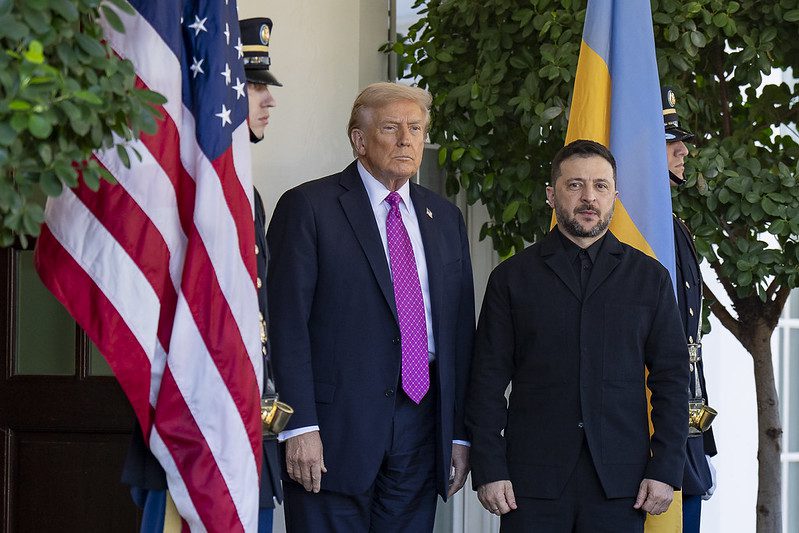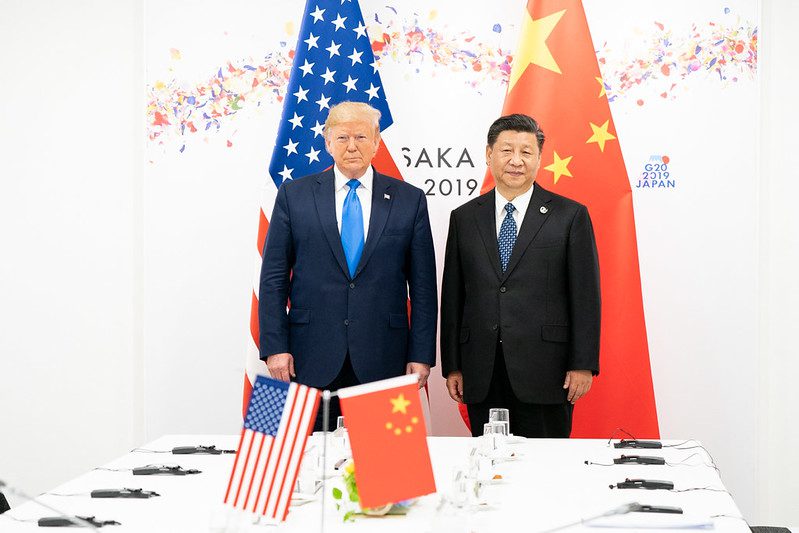U.S President Donald Trump and Chinese leader Xi Jinping reached agreements on several high-stakes issues at their highly anticipated meeting in South Korea on Thursday. While Trump confidently announced agreements on rare earths, tariffs and soy beans after the summit, Xi stressed that much would depend on the actual implementation of what was discussed.
Short-term relief on rare earths
In arguably the most significant announcement following the meeting, Trump stated that “all of the rare earths have been settled” and that China had agreed to a one-year free-flow agreement for the essential resource.
China has a near-monopoly on these minerals, which are essential for a variety of products, including semiconductors. It has increasingly leveraged this monopoly as the trade war waged on, choking out manufacturers worldwide as it gradually stepped up export controls throughout the year. Just last week, China announced even stricter new control measures on specific rare earths used for semiconductors and military technology, citing national security concerns.
The Chinese government has now committed to repealing that recent measure, and it has promised not to implement any new measures for a year. However, it appears China is allowed to leave previous export controls enacted before October, which have led to global shortages.
“This is a moment of relief, not a solution,” writes Reed Blakemore, director with the Atlantic Council Global Energy Center. “We can expect China to use these export controls to its advantage again anytime the trade tensions resurface.” Blakemore argues that much of the uncertainty around rare earths remains.
Trump slightly reduces tariffs
Speaking on Air Force One after the meeting, Trump said he would lower the tariffs on Chinese goods from 57% to 47%. This is a small relief, but the tariffs on Chinese goods remain extremely high. For instance, Trump has only enacted 15% tariffs on most EU exports.
Trump says these tariff reductions were mainly a result of China’s commitment to combat the spread of fentanyl, as the President has accused the Chinese of facilitating the global trade of the drug. After the meeting, Trump said Xi had agreed to work “very hard to stop the flow of fentanyl”.
“The tariff reduction itself does not make much of a difference,” Julian Evans-Pritchard of economics research firm Capital Economics writes. He believes most Chinese exporters shrugged them off anyway, and Trump could increase tariffs again anytime. “But the general de-escalation does help, as it decreases the risk for sudden tariff hikes in the future.”

Image: F. D. Richards/ Flickr
Beijing promises to buy US farm produce
When it comes to agriculture, another central issue in this trade war, Trump announced that China would buy “massive amounts” of American soybeans and sorghum, declaring that American farmers would be “very happy”. In more detail, US Trade Secretary Scott Bessent said China committed to buying soybeans at the same levels as it did pre-trade war, for at least the next three years.
China used to be the biggest buyer of American soybeans, but stopped purchasing the product from the US completely amidst the escalating trade war. This meant American farmers were sitting on large stocks of unbought product, while China instead ordered from Brazil and Argentina.
This agreement would therefore provide much needed relief to the farmers, if the Chinese follow through with their promise. Five years ago, as part of another trade deal between the two countries, China had agreed to buy $200bn worth of US goods, much of which were supposed to be farm produce. But it never followed through, falling far short of the promised targets to this day.
Experts are thus pessimistic about this pledge as well. “It is unlikely that the Chinese will buy as much US soybean as they did before the trade war,” Even Pay, an agriculture expert at research firm Trivium China, told the Washington Post. “China has diversified its soybean supply.”

Image: Nordskov Media/ Flickr
No progress on technology issues
On the issue of AI chips, Trump said he had spoken to Xi about the export of Nvidia chips on Thursday, but shifted much of the responsibility for finding a solution on to Nvidia and the Chinese government. “We’re more of an arbitrator,” he said about his government’s role.
The chips have become a crucial flashpoint of the trade war in recent months, as the US has put restrictions on Nvidia selling its most advanced models in China, citing national security concerns. In return, the Chinese government has since pushed its domestic chipmakers to provide alternatives, now claiming the chips produced by Huawei and other tech giants are more advanced than Nvidia’s chips.
Even after the US lifted some of its restrictions on the sale of less advanced chip models, the Chinese had directed firms not to buy from Nvidia, effectively freezing it out of the market.

Image: Nvidia CEO Jensen Huang at the Fortune Global Forum San Francisco Dinner – Fortune Global Forum Duy Ho
The meeting delivered even less clarity on the sale of TikTok, the second major tech topic between the two leaders. Despite his treasury secretary Scott Bessent announcing beforehand that the two sides had reached a “final deal” on Tiktok that would be signed off on the summit, Trump did not comment about it after the meeting had ended. A Chinese government spokesperson said China would “properly resolve the issues around TikTok.”
Trump has long had a feud with the social media site, which he sees as a national security threat. Announcing a ban at the beginning of his term, he has since been pushing to transfer ownership of the app to mostly American investors. This would require Chinese approval.
No mention of Taiwan, some of Ukraine
There were other topics the two did not cover in their roughly one-and-a-half-hour meeting as well, most importantly Taiwan. China claims the island as an integral part of its territory, and Xi has made its annexation a top priority; his main opponent in that effort is the US.

Image: President Donald Trump and President Volodomyr Zelenskyy – White House / Juliana Luz
The pair did speak about Russia’s war in Ukraine, with Trump saying that the two countries will work together to end the conflict. China is one of the main buyers of Russian oil, and Xi hosted Putin in Beijing recently. Nevertheless, the Chinese emphasised today that they supported peace talks.
But even as the summit concluded amicably even on foreign policy, experts predict this is unlikely to be the start of a new harmonious age between the two superpowers. “These are all issues that are relatively easy to roll back and accuse the other side of bad faith,” Ja Ian Chong, a professor of political science at the National University of Singapore told the New York Times. “I’ve seen this movie too many times.”
Ian Bremmer, founder of global consultancy Eurasia Group, agrees. “If you look at the totality of the relationship between the U.S. and China, it’s in a significantly more challenging place,” he told the Washington Post. Bremmer is sure: ”Longer term, the trajectory is more toward decoupling.”




